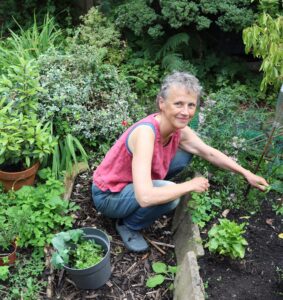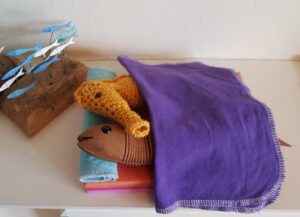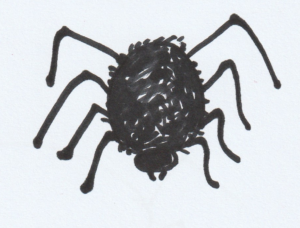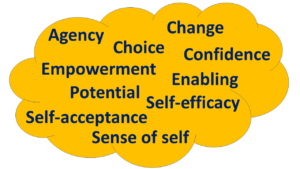
For many of us, being alongside nature is deeply therapeutic. Whether that’s going for a walk in the countryside, or weeding the garden, there is something about being with plants and wildlife that tends to suit most of us well. It can help us be more aware of ourselves and what is around us, staying present to all this (rather than the usual story of our minds racing off to the next thing to be done).
One of my favourite times is when I’m in the garden or at the allotment, growing vegetables or cultivating flowers. As well as enjoying the activity in itself, it is a welcome opportunity for me to notice how my habitual attitudes to life often try to gate-crash the party. What do I mean by this?
We are all shaped by our own upbringing in subtle and not-so-subtle ways. When we are very young, we absorb the culture surrounding us (home-life etc), and it forms us. Later in life we know enough to be able to question things and to choose different paths, but we are always battling against deeply ingrained and largely subconscious attitudes, preconceptions and beliefs that formed early in life – another word for these is habits. My parents were incredibly privileged as they were able to take early retirement and ‘enjoy’ a life of gardening, socialising and holidays. However, they brought to this new life, their same habitual ways of thinking that they had carried throughout their previous existence. So, although they purported to love gardening, if you heard them talk about what they ‘needed’ to do that day, you would have thought they faced a morning of hard labour down a coal-mine!
I know that this is my own habitual inheritance. So, when I am gardening, or at the allotment, I am always interested in ‘listening’ to the thoughts passing through my mind and to my general attitude to what I’m doing. When I become a bit too end-gaining, I now usually notice this. It allows me to take a moment to bring myself back to the present and to remember that I started doing this activity because it’s what I chose to do (and if it’s no longer what I want to be doing, then I can stop). This is just one small illustration of the way in which the Alexander Technique can enrich our lives, it gently shows our foibles up to ourselves, and enables us to make different choices when we wish.
And, of course, hand in hand with a more positive attitude to life, there are the practical skills that Alexander gives us. Through lessons we re-learn our natural and most effective movement patterns. Over time and with experience, these gradually replace our habitual ways of moving. So, for example, we re-learn how to fold at the hip joints and knee joints, instead of bending at the waist (great for lifting and gathering); how to lunge (particularly useful for raking and hoe-ing); and how to squat for weeding etc. And, all of these ways of moving are in direct contrast to the habitual way of doing things, which tend to put unnecessary compressive forces down the spine and joints.
I’m not going to even attempt to describe how you might actually be able to begin to move in the ways described above, ways that are so natural yet so different to our usual movement patterns (to get a glimpse of what I mean, observe how most toddlers move compared with most adults – and then remember that we all start out with the same ‘template’, so that ability is still within us but simply buried under years of habit). Unfortunately, you can’t just read a description and do it, or look at a picture and try and copy it. To re-discover our inherent capacity to move and balance with poise and ease requires having an actual experience of it – and, indeed, the repeated experience of it to overcome years of habit which pull us in the opposite direction. I remember the time before I started Alexander lessons when I read a book on the Alexander Technique which finished by stating very clearly that you couldn’t learn it from a book! I must admit I found this rather annoying – why were they writing a book, only to say that you had to go and have lessons if you actually wanted to find out how to put it into practice? Once I started lessons, I understood why they said this, and 25 years later it’s clearer still – it’s not theoretical knowledge, as we need to actually embody what we learn.
A final simple observation. Over the years I’ve often had clients telling me versions of the following: ‘I was digging and weeding all afternoon and I knew I’d over-done it and likely to be facing an evening of pain – but I just did my Alexander lying down and, do you know what? I was absolutely fine!’. Now, I’m not advocating a general approach of ‘just going for it’ and then hoping that we can save ourselves afterwards through having a lie-down. The Alexander Technique is essentially a preventative self-help method and if we are also able to make the Alexander lying down a daily practice, it will stand us in good stead for the rest of our lives. But it is also usually the best thing we can do for ourselves when we have end-gained and ‘over-done’ something. It gives ourselves the best possible opportunity to restore and repair in a way that a conventional ‘rest’ can never do.
Happy gardening!









